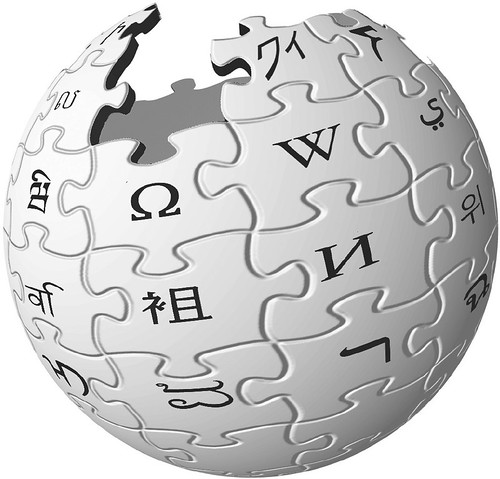Wikipedia
is a search engine that allows people at any time and any place access
information at their own convenience.
However the negative associations that Wikipedia has associated with it,
makes people second guess using Wikipedia as a reliable source for
information. I agree that Educators have
been telling students not to use Wikipedia and I can remember this ever since I
was younger when Wikipedia first developed.
Jensen forms his argument around the fact that Wikipedia is a unreliable
source for information because of the lack of authority from its writers. I think that Wikipedia would be able to
become a credible source for information if it did not allow its users to be
able to edit content on its pages and only allow people with credibility to
edit the information. This would mean
that Wikipedia would have to hire credible writers with background knowledge on
the topics provided on Wikipedia to complete the pages. However the problem associated with this is
that Wikipedia is a nonprofit organization, so by having anonymous people
contributing to the development of its pages it allows it to remain a “free
encyclopedia”. So for free information
about various topics at the touch of your fingertips Wikipedia is a very
helpful source of information.
I agree
that Wikipedia is a great search engine for fast information. Even though the information may not be reliable
it provides you with the basic information to be aware and informed about a
topic. I also agree that it is a perfect
starting point for research. When I have
to begin an assignment I always look at the links that are provided on the
Wikipedia page of my topic and that will give me a starting point as well as
additional sources of information that I could possibly use.
With all of
the negative connotations associated with Wikipedia, and after all of the
people telling us that it is not a reliable source of information I find it
hard to believe that it is still one of the most visited websites on the
internet. Clearly Wikipedia is providing
some source of information that is appealing to the public because as Royal
mentions in the article there are over 38 million people that visit the website
each month (Royal, 139). Clearly this
demonstrates that Wikipedia is doing something correctly. I remember when Wikipedia protested and went
on strike, and many people did not even know where to find information. I believe that we are so reliant on Wikipedia
for information, possibly because we are lazy and do not want to search for it in
any other area of the internet that may take longer. Overall I believe that Wikipedia is a good
search engine and provides us with basic information, however we have to take
the information with a grain of salt and remember that it could be incorrect.

